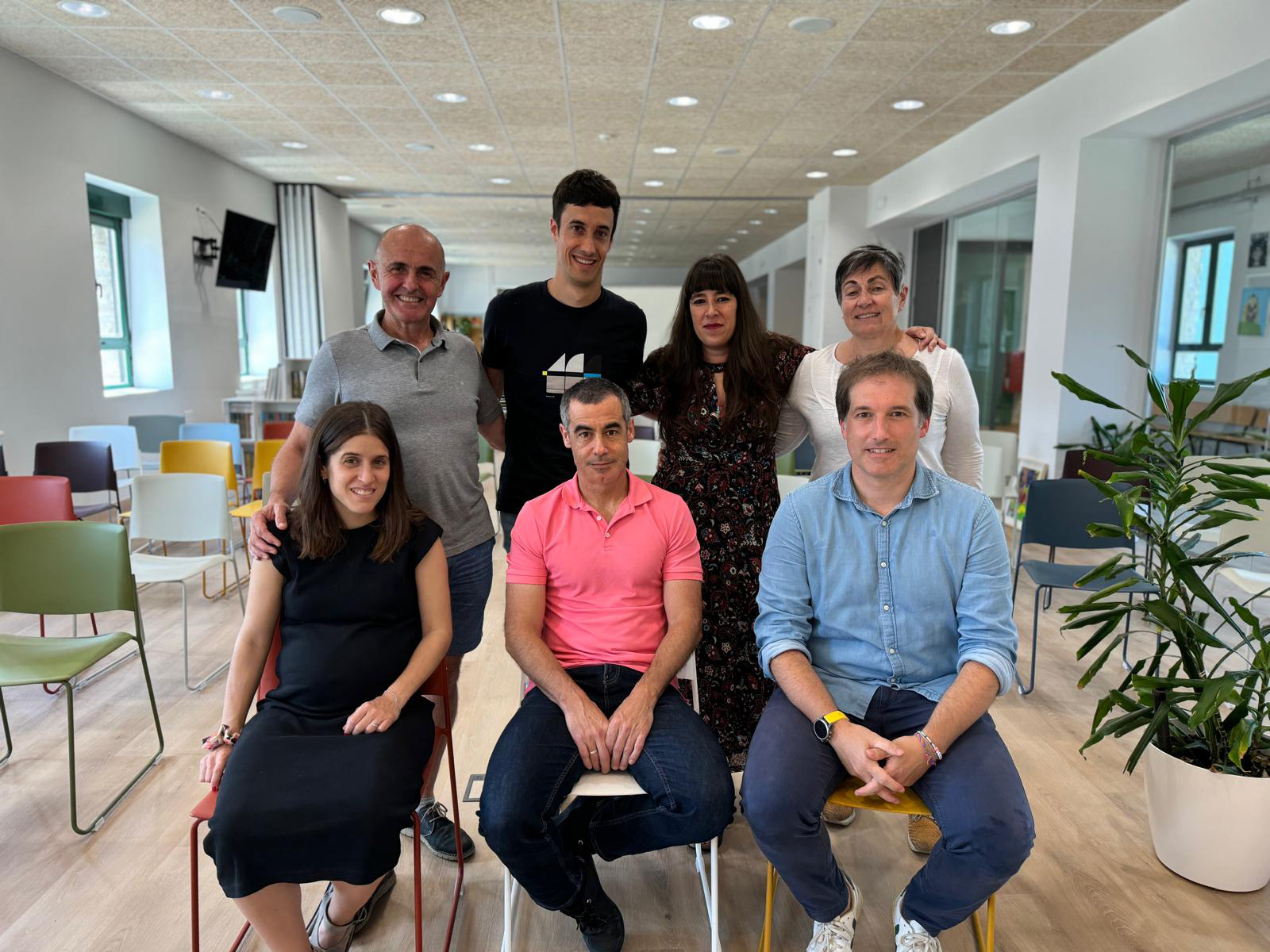0
You have 0 items in your cart
It’s a fact that our children watch what we do – and what we don’t do – every single day. They listen to what we say and how we say it, and they also notice what we don’t say. We tell them each day what they have to do and how they have to do it, but we don’t know whether what we say is actually coherent with what do ourselves.
It appears that people have an average capacity to remember just 2% of what they hear and 5% of what they see. Neither of the two senses are very efficient for remembering things, although sight is twice as efficient as sound. And our children don’t just look at us: they scan us from top to bottom and feed that data into their hard disk, all the time they’re with us.
Because whether we like it or not, we are an example to them. We’re their main teachers.
In addition to that, as adult citizens we set an example to everyone else, and to children in particular. So basically we’re setting an example even when that isn’t our intention.
As the philosopher Javier Gomá says in his book Filosofía Mundana, exemplarity makes no distinction between people in the public and private spheres. It answers the question of whether someone is credible or not, in general. So we can’t separate the concept of being an example from the concept of being a person, and we can’t choose times when we don’t want to set an example.
On the other hand, in society, exemplariness is associated with two very important concepts. One is obeying the law, and the other is how we act as citizens in our own private sphere. Both these aspects depend on our values and ethical principles and determine our exemplariness as people. Respect for the law is not just exemplary in itself, as our actions must be in accordance with criteria and values justifying them and not merely comply with the law. Having attitudes coherent with our values is basically what makes us exemplary.
Setting an example should therefore be the consequence of putting our values into practice. Having more awareness and more coherence between what we want, what we say and what we do.
In short, it means all of us should be teachers: we should set an example.
Thank you and all the best for the year ahead.
MANAGING DIRECTOR
Aitor Pagaldai
